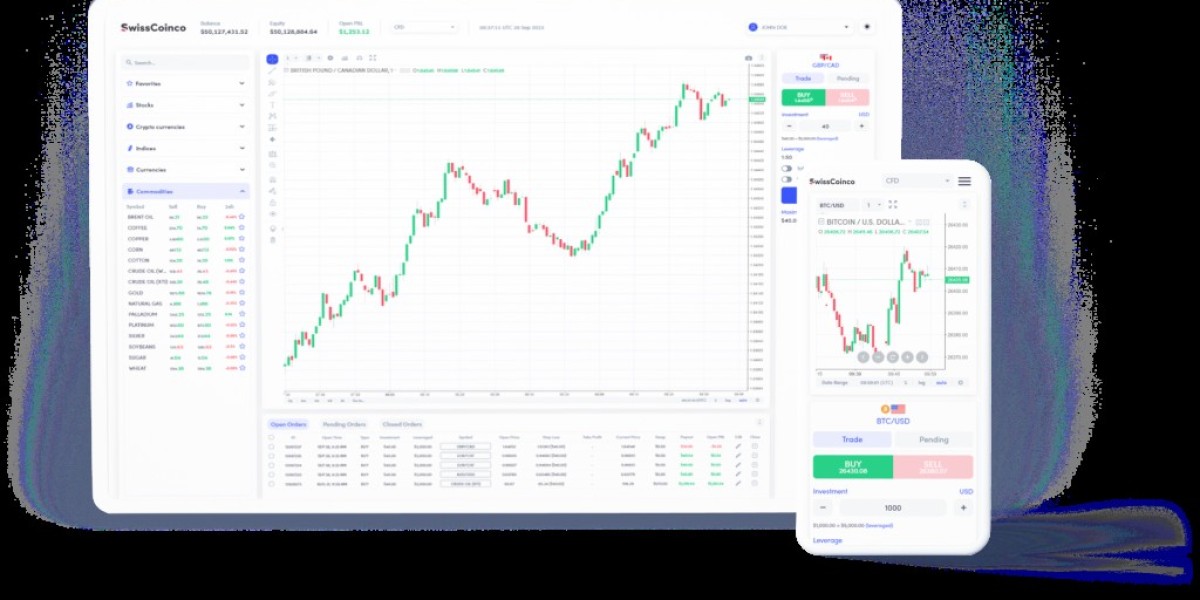The Refco scandal stands as one of the most high-profile frauds in the forex industry's history. Refco, Inc., a prominent forex and commodities firm, eventually filed for Chapter 11 bankruptcy in 2005. The company's downfall was primarily due to its CEO's involvement in hiding bad debts, leading to a massive fraud revelation.
Ironically, Refco's bankruptcy occurred shortly after the company's initial public offering (IPO). The timing raised suspicions, as it suggested management had hidden financial problems to inflate the stock's initial offering price. The subsequent revelations about the CEO's fraudulent practices caused investors to panic, and Refco's shares plummeted from $30.12 to $0.80 per share.
The Refco scandal also had a significant impact on the retail forex industry. Refco FX, LLC, the forex brokerage arm of Refco, had over 17,000 retail customer brokerage accounts when the company declared bankruptcy. However, due to the mismanagement of customers' funds, they were treated as unsecured creditors, losing a substantial portion of their investments.
Regulators, financial institutions, and investors alike were alerted to the importance of proper oversight and due diligence in the forex industry. The Refco case exposed the risks of not segregating customers' funds and the potential consequences of ignoring red flags.
In recent years, regulators have taken decisive action to protect retail investors and maintain the industry's integrity. They have tightened regulations, required forex firms to register with the appropriate authorities, and increased scrutiny of trading practices.
As the forex market continues to evolve, the lessons from the Refco collapse serve as a reminder that transparency, accountability, and adherence to regulations are essential for a thriving and trustworthy forex industry. Investors must remain vigilant and conduct thorough research when choosing a forex broker, while regulators must continue to monitor the industry to safeguard against potential frauds and misconduct.



